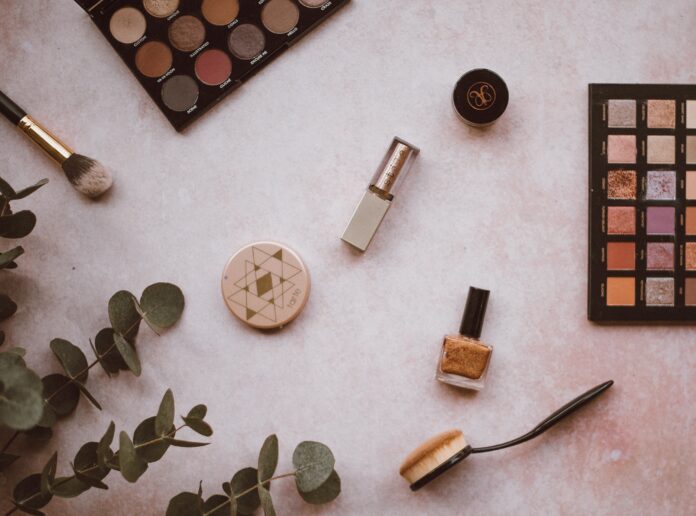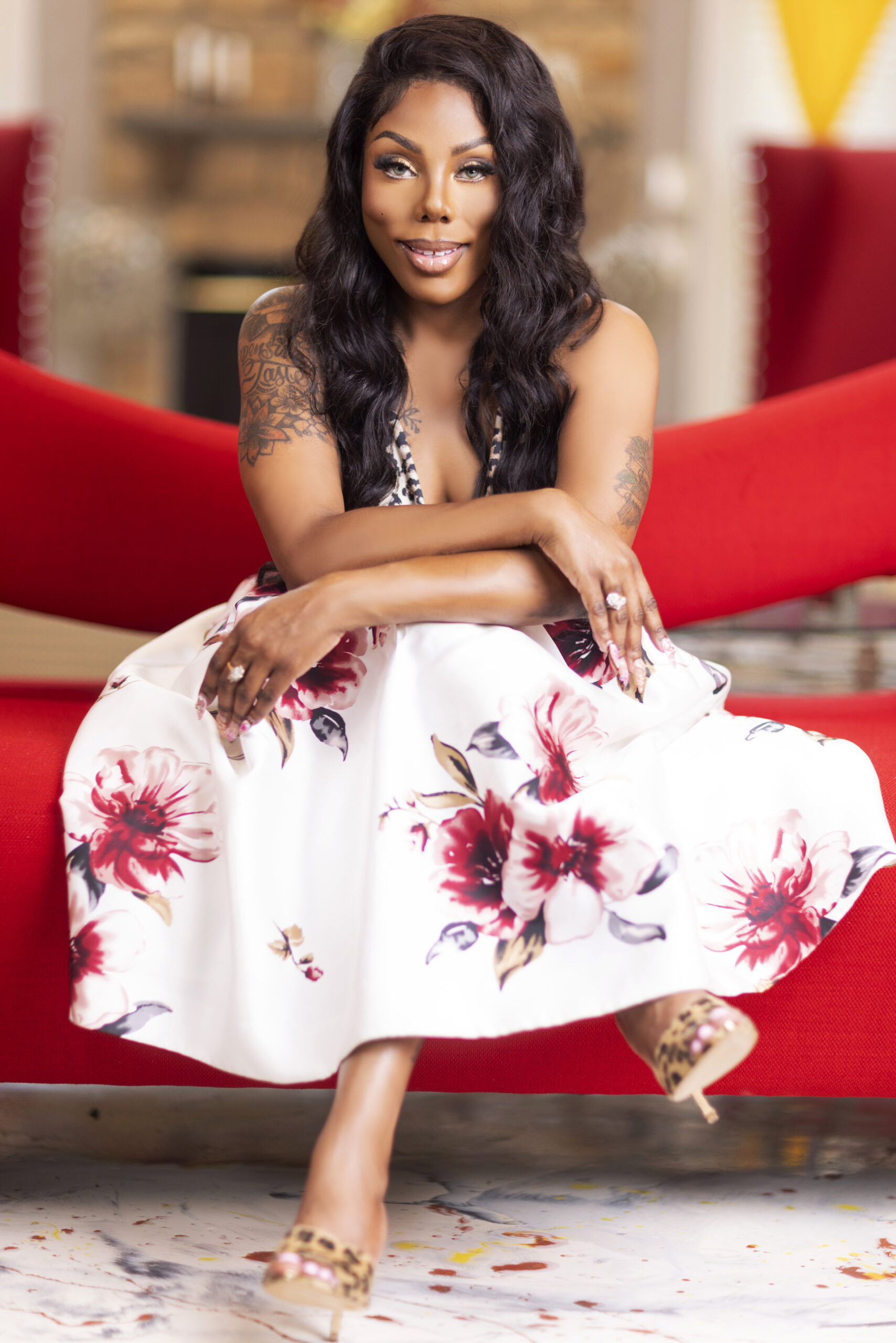( ENSPIRE Community Spotlight ) The Anastasia Beverly Hills Grant Initiative Fulfills The Company’s $1 Million Commitment To Fight Against Institutional Racism, Oppression And Injustice
ENSPIRE Contributor: Re’Dreyona Walker
On March 1, Anastasia Beverly Hills (ABH) introduced the eight recipients of their $450,000 Grant Initiative to support and mentor Black-owned small businesses. The allocation of the grants fulfills ABH’s $1 million commitment to fighting systemic issues that face the Black community. In addition to funding, grant recipients will be offered business mentorship from ABH, as well as opportunities to work with bankers from Wells Fargo, who will provide dedicated support and training to these deserving entrepreneurs.
On June 1, 2020, ABH’s $1 million pledge began with an immediate, combined donation of $100,000 to The Innocence Project, The NAACP Legal Defense Fund, Black Visions Collective, The Marshall Project, and Black Lives Matter. This was quickly followed by a $250,000 donation to mental health resources created by and for Black people, and $200,000 allocated to social initiatives, including community restoration, enrichment programs, and youth-oriented organizations, and finally $450,000 in the form of grants to support Black-owned businesses.
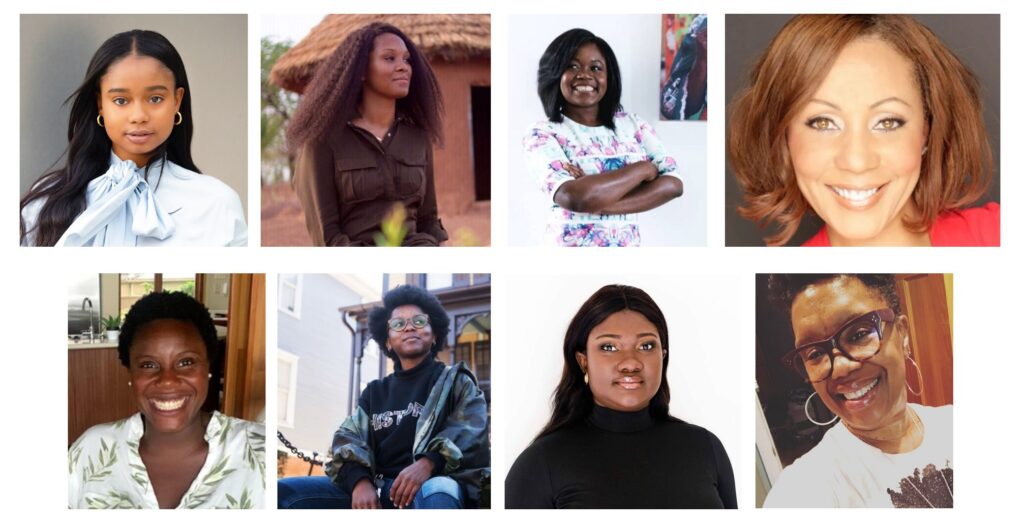
“In June we vowed to use our platform and privilege to amplify voices of marginalized groups that deserve to be heard,” said Anastasia Soare, CEO and Founder of ABH. “One of the best ways to support a community is to support their thinkers, innovators, and leaders financially. We are very proud to celebrate these eight dedicated and enthusiastic female entrepreneurs, and our hope is that the grants they receive will help grow and sustain their businesses during these challenging times.”
The application process for the ABH grant, which closed in September 2020, was open to all Black-owned businesses. Over the last several months, ABH’s diverse committee of cross-industry thought leaders carefully reviewed hundreds of applications and offered a total of eight grants.
Listed below are the eight Black women who received a grant for their individual businesses:
1. Akilah Releford, Mary Louise Cosmetics
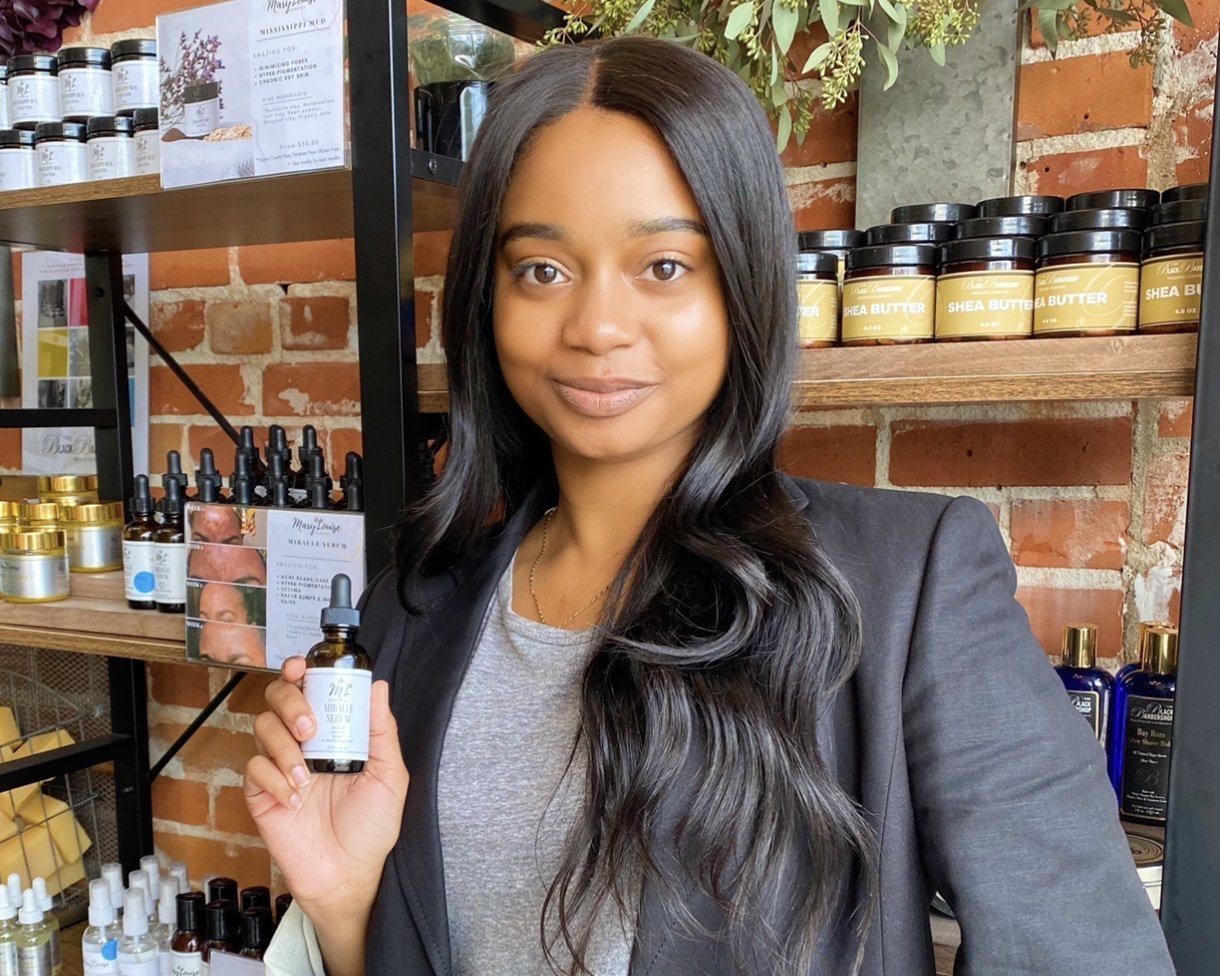
This natural and vegan skincare line was founded by Akilah Releford when she was 20 years old with only $200 in her pocket. That entrepreneurial spirit combined with a focus on products that deliver serious results catapulted her brand. Believing that everyone should have access to wholesome, natural, and organic beauty products, Akilah took inspiration from her grandmothers – Mary and Louise – who always used natural and homemade recipes in their everyday routines. At the start of the pandemic, Mary Louise Cosmetics stepped up to convert the base of their shaving products into hand sanitizer, distributing it along with other PPE to elderly members of the community.
2. Christina Tegbe, 54 Thrones Beauty
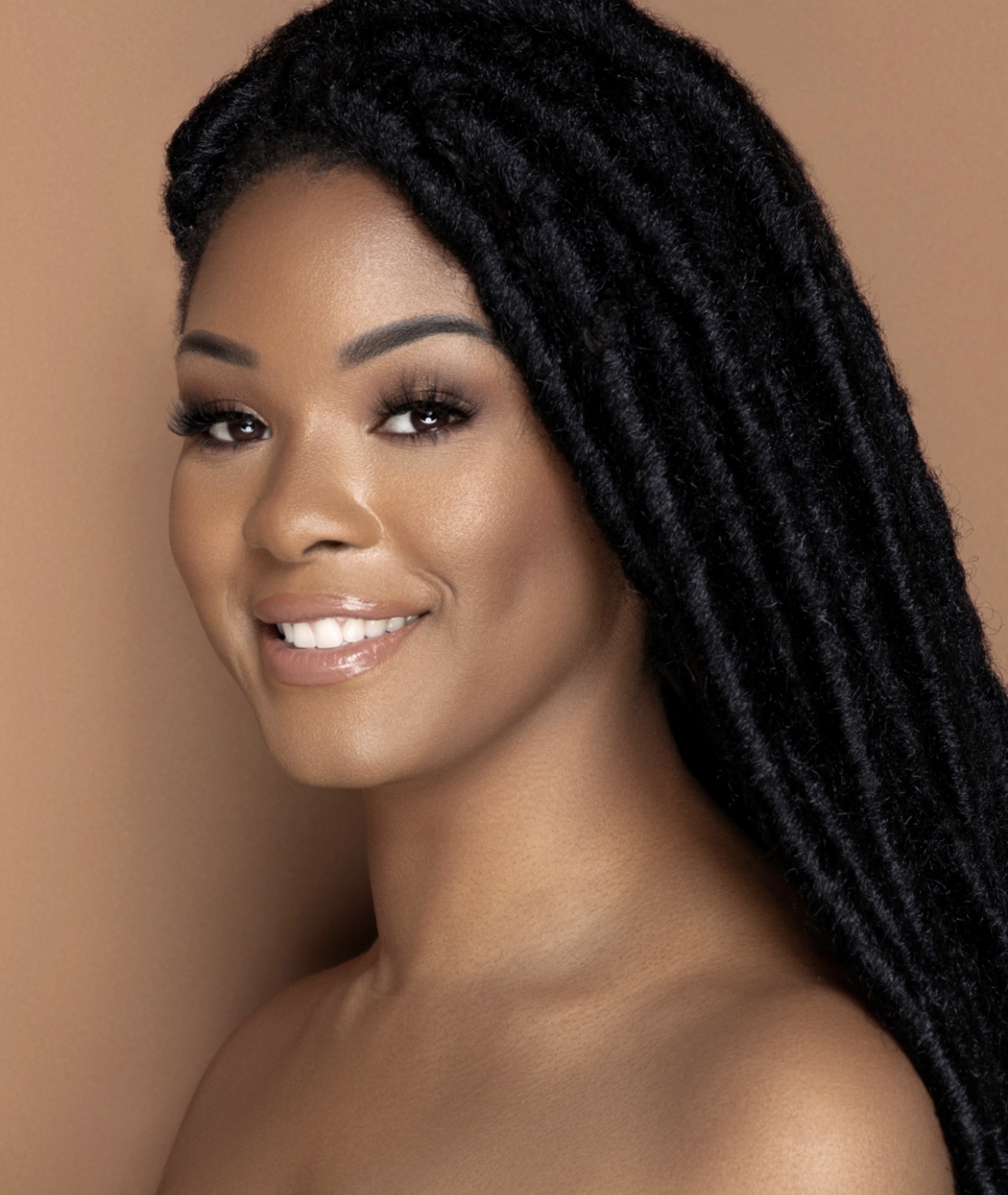
54 Thrones was founded in 2016 by Christina Tegbe. With a southern-American childhood rooted in the cultural essence of Nigeria, Christina grew up experiencing the true and sacred beauty of Africa. Empowered by her Nigerian aunties who would indulge her with tubs of shea butter, she always held those memories close to her heart. 54 Thrones has since ended up on Oprah’s list of favorite things and continues to feature products that are natural, authentic, and thoughtful. To date, they have partnered with cooperatives in eight African countries to create work through sustainable job opportunities. In this way, individuals are able to take pride in the work they do rather than relying on aid, which leads to economic disenfranchisement.
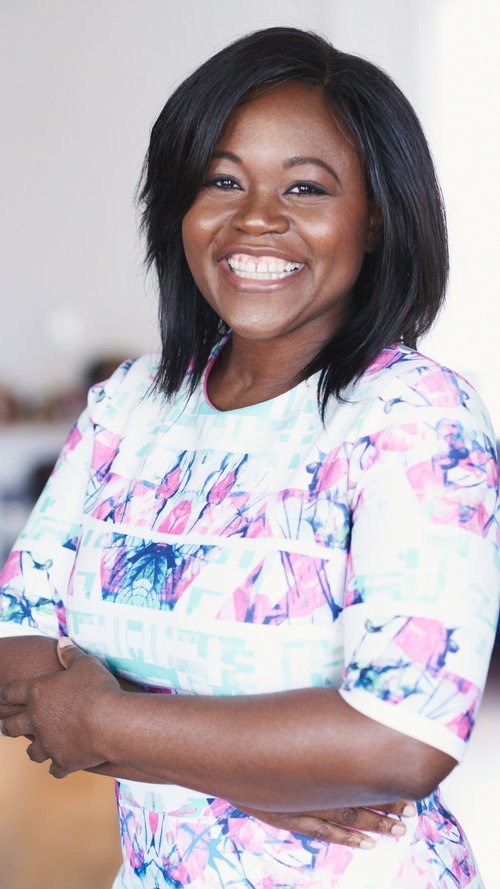
3. Rahama Wright, Shea Yeleen Beauty
Established in 2005, Shea Yeleen International, Inc. is a nonprofit social enterprise dedicated to empowering women in West Africa and the United States through the production, sale, and use of shea butter products. A unique blend of grassroots organizing and business development, Shea Yeleen is a company that specializes in manufacturing high quality, organic, fair trade skin care products and utilizing a sales strategy that incorporates women’s micro enterprise development. Shea Yeleen offers five times Ghana’s minimum wage and provides access to health insurance. Their business model has a direct and regenerative community impact that allows families to keep their children in school and is ensuring the ongoing education of more than 268 children.
4. Paula Brown, Paula Brown Performing Arts Center
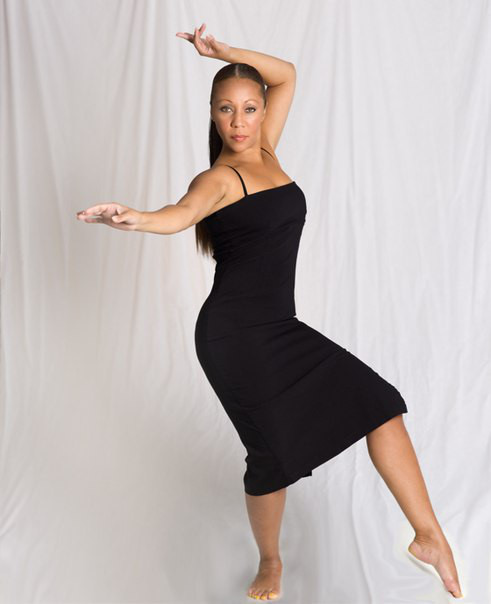
An accomplished dancer and performer Paula Brown dreamt of establishing a dance school in her community so that young brown girls could study classical ballet. Five years ago, she was able to open the doors of the Paula Brown Performing Arts Center in Prince George’s County, Maryland. It has been a rewarding journey for both her and her Brown Ballerinas. Thanks to the training her students have received, they have gone on to study at a number of prestigious dance academies and institutions.
5. Naa-Sakle Akuete, Eu’Genia and Mother’s Shea brands
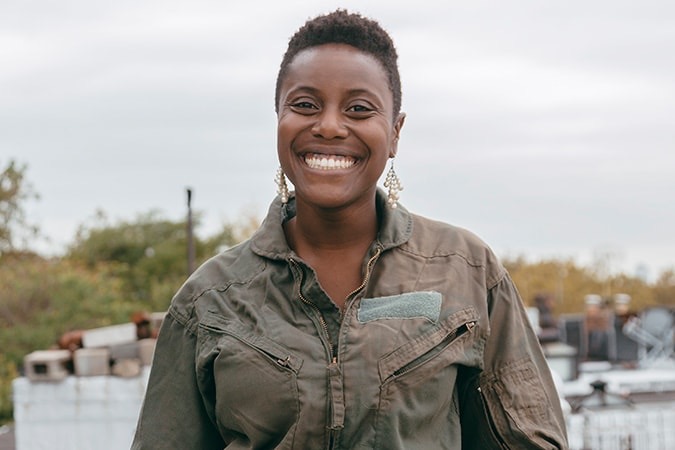
Naasakle International LLC is the parent company to both the Eu’Genia and Mother’s Shea brands. Founded in 2015, Naa-Sakle Akuete used her mother Eugenia’s specialized expertise as the former President of the Global Shea Alliance to provide consumers with clean, affordable skincare products and the best shea around. They strive to increase the perception of African ingredients and the prevalence of “double bottom line” companies (companies that care about both profits and social missions). Their business model also includes a 15% profit share to support an education fund for the women in their supply chain.
6. Shekesa McLaurin, Heritage Socks
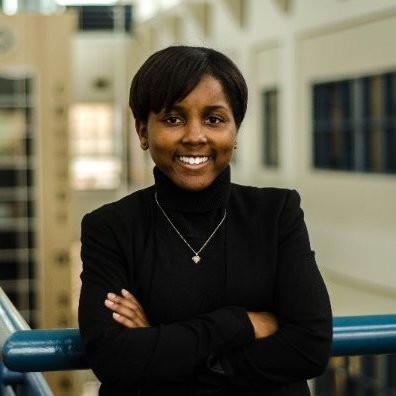
Heritage was created to ensure that minority groups are appropriately represented in the world of sock culture. Each sock is a representation of the strength the Black community has shown throughout history, showcasing the trailblazers who have made a lasting impact in the world. Heritage also hosts events to engage the community in conversation on topics ranging from politics to homelessness to issues that directly affect the Black community. Heritage’s HERstory collection works to register voters throughout the year by providing informational events to the community. In 2018, Heritage Socks collaborated with Stacey Abrams for Governor (Georgia) and donated all of the proceeds to her campaign. The slogan for their campaign was “Toes to the Polls.”
7. Anne Suinner-Lawoyin, Anne’s Apothecary
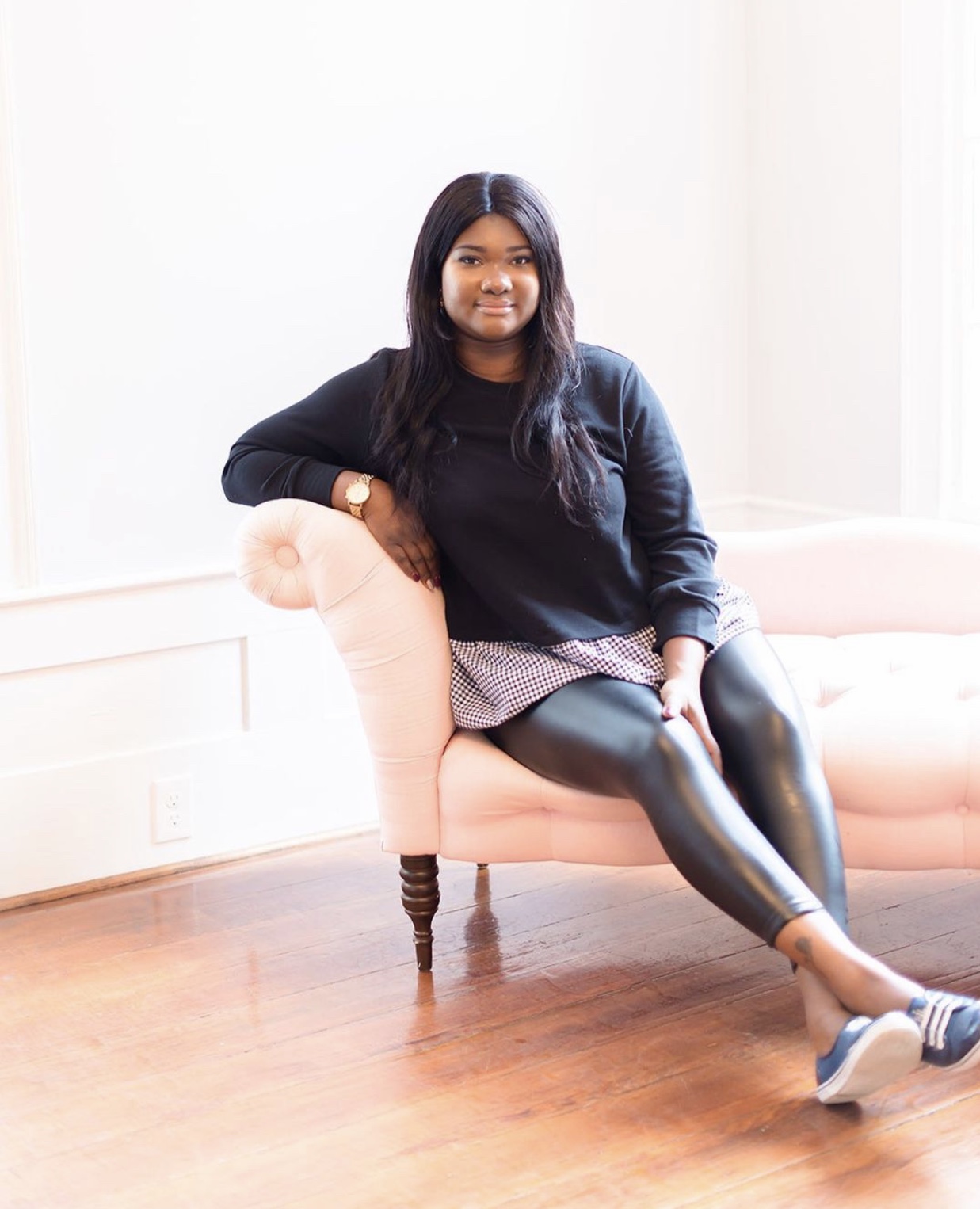
Anne’s Apothecary offers mineral-rich skincare products that are 100% non-toxic, all-natural, hypoallergenic, paraben-free, and dermatologist approved. Based in North Carolina, they specialize in the use of cold-pressed oils, herbs, and clays to produce skin-loving products that are easy to use.
With the philosophy that “what you put on your skin should be safe enough to eat,” Anne’s Apothecary focuses on ethical and sustainable small batches crafted entirely by hand.
8. Dawn Kelly, The Nourish Spot Juice Bar
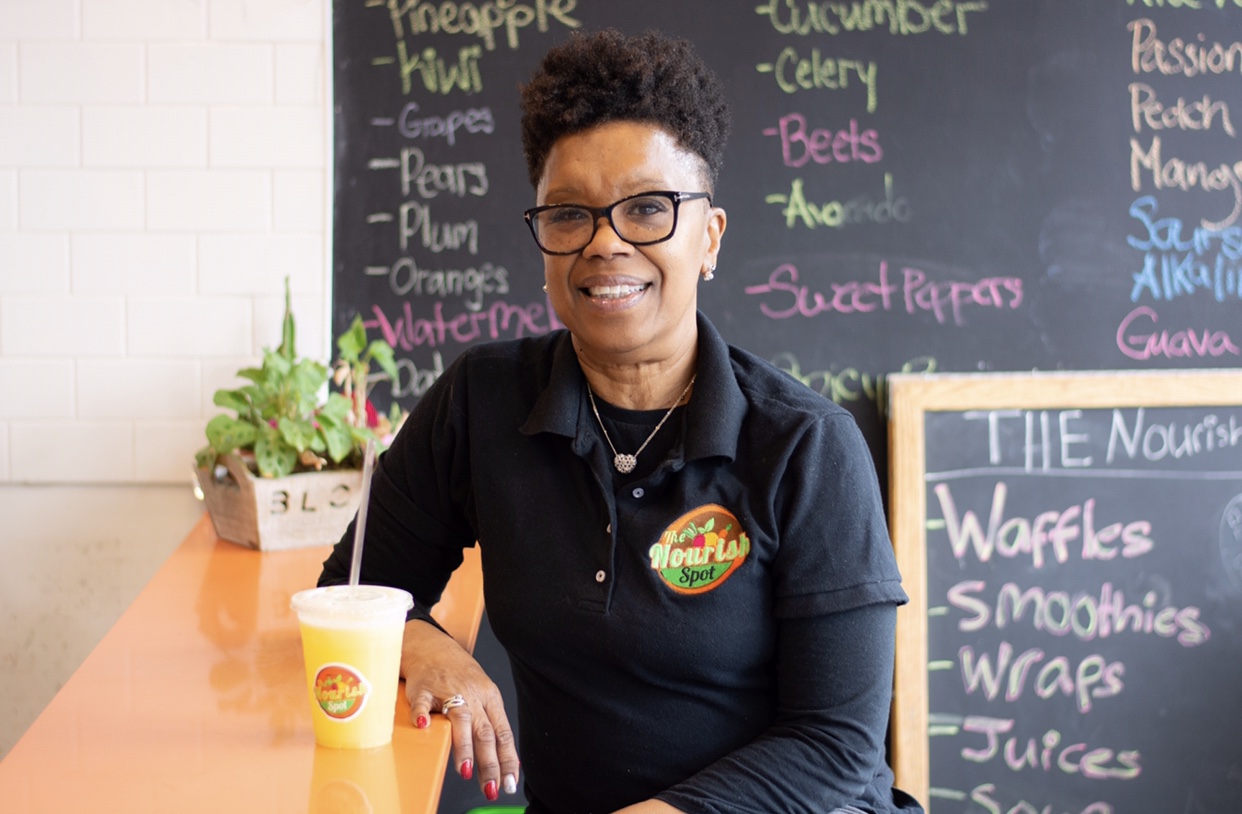
The Nourish Spot is based in Jamaica, Queens, NY where the family has had roots for nearly a century. They opened their doors to a community that was considered a food desert, bereft of healthy food and beverage options. The Nourish Spot established an oasis to provide customers access to fresh produce laden with vitamins and minerals. Many of the foods offered have the power to fight diabetes, heart disease, and cancer, literally saving the lives of customers. Since opening their doors in September 2017, The Nourish Spot has partnered with The Child Care Center of NY, Pathways to Graduation, WIOA, the NYC Mayor’s CCAP Program, Summer Youth Employment Program, and Queens Community House to mentor and train more than 50 young adults.
To learn more about the ABH Grant Initiative, please visit the Anastasia Beverly Hills website.

